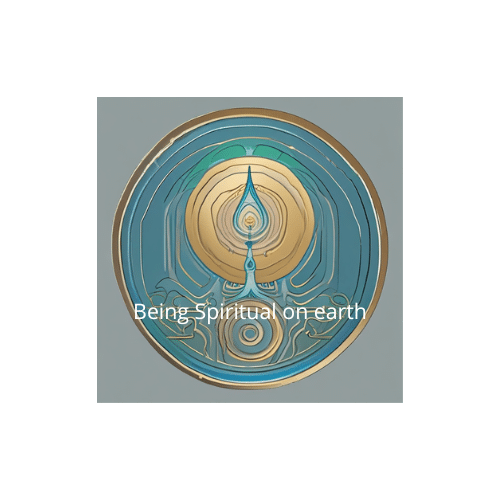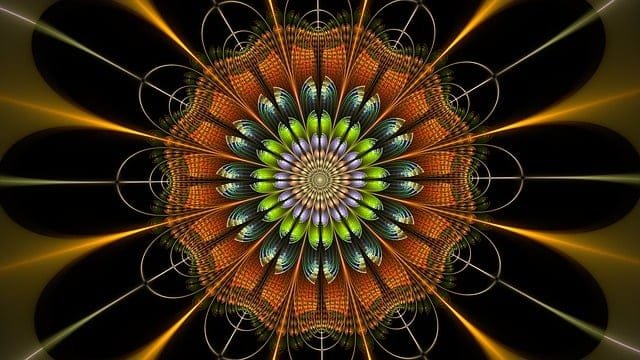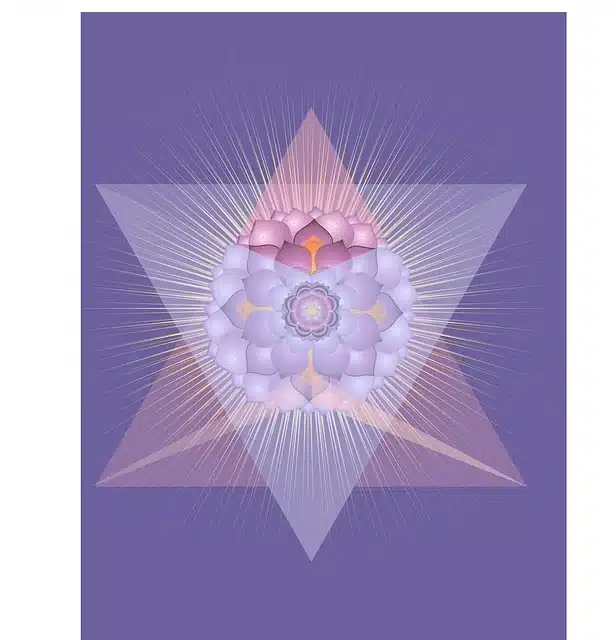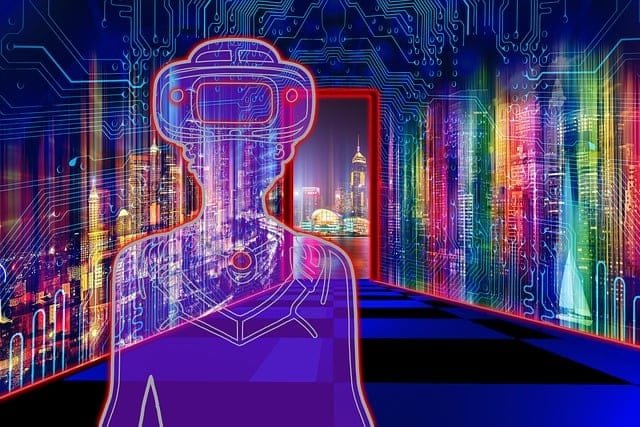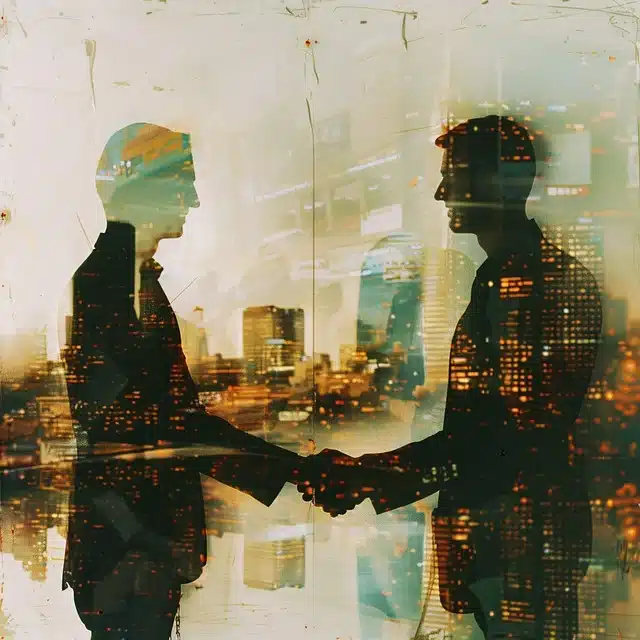Why we Need to Develop a Sense of Community

In this article I will reflect on why we need to develop a sense of community.
Those who are students of the Masters, namely St. Germain, know that this Master considers that, in the present time, when we can enter a new Era- the Age of Aquarius, the era of Community- We need to overcome selfish individualism and begin to manifest the sense of community.
Why is ‘community spirit’ better than selfish individualism?
Almost 2500 years ago, the Greek philosopher Aristotle stated that we, human beings, are “political animals”, that is, we live in the “city” (read: in society, interacting and interdependent), we do not live in isolation without ties to others.
Rousseau’s defence, in the 18th century, of the thesis that man is by nature ‘good’ and that it is life in society, together with others, that corrupts this ‘nature’ and makes him evil, is well known.
Today, however, we know that this thesis is an illusion, as evidenced by the existence of wild children who, deprived of contact with other human beings in early childhood, do not develop the characteristics generally ascribed to ‘human beings’, including language and the cognitive abilities that depend on it.
Human beings are born in society, develop in society, together with others. As sociologists and other scholars of social life know, the sense of “we” comes before the sense of “I”, the group before the development of the individuality so valued in Western culture.
So the ‘natural state’ of man is not, as Rousseau argued, to live alone in nature, isolated from others. No one becomes human without relationships with others. And this is a good point to start thinking about our topic.
Another important aspect to emphasise from a spiritual point of view is that it is not only the sharing of cultural values, a vision of the world and the whole set of representations that people share in the groups that make up society and that make them ‘social actors’ in the nomenclature of the social sciences, that unites the people who live in a society.
It is also necessary to mention factors which go beyond these and which, if we want to use a philosophical term, are of a metaphysical nature, i.e. they are of a spiritual nature and are universal, being attributed to all human beings, regardless of race, culture, country of origin, etc.
These factors materialise in a set of rights known today as “human rights”, and they were the ones that inspired many ideologists since the 18th century to defend republican and non-monarchical political regimes, as well as the right to vote granted to each person as an expression of their right to choose who they want to govern the country and society.
According to this principle, such rights do not depend on political power, nor can they be denied by it, since they exist as characteristics that delimit and define our ‘humanity’. As the eighteenth-century philosopher Kant points out, such principles are ‘inalienable’, that is, they cannot be taken away, even if we wanted to, because that would mean ceasing to be ‘human’.
In this way, on the spiritual plane, it is not the superiority of some human beings over others that is recognised, but their equality. And this ‘humanity’ that makes us equal is universal and develops in the connection of human beings with each other, both on the material plane – in cooperation and the formation of a community spirit – and on the spiritual plane.
Does this mean that I am arguing that the ‘individual’ in its unique singularity is not real? The answer is an emphatic ‘no!’ We are, as a certain medieval thinker (Duns Scotus) argued, ‘a concrete universal’ that is, we are singular and unique individuals, expressing a human essence that is also universal.
And it is in the articulation between what is unique about us and what we share with everyone else that we develop our creative potential. This evidence is very visible in societies where individuals have creative freedom and use it to collaborate with others for the benefit of all.
The need for a Reversal of the World View
People are so used to thinking that our ‘normal state’ is separation from others, that they don’t realize that the exact opposite is happening: the effort to isolate ourselves from others, for the exclusive ‘individual good’ is much greater than the effort we make to work and cooperate with each other.
A long time ago, in what spiritual records call the time of the ‘Fall’, people developed the illusion that they were separate from each other and that what happened to others did not affect us.
But this ‘perception’ of external identity is nothing more than an illusion: we are all connected, not only because we share a ‘common humanity’, but because we have a spiritual connection with all life on the planet. Life is one, a life expressed in the many forms we observe on the material plane. But this is only an apparent plane, temporary and finite. We are more than this apparent and mortal dimension.
Selfishness, whether it is the expression of the common mentality of humanity, which sees itself separated into isolated ‘units’ with no real connection to others, or the philosophical ‘moral’ argument, is born out of an illusory state of the human mind, which at some point accepted as reality that human beings are mere animals, evolved on the material plane, in constant struggle with each other, as ‘only the strongest survive’.
However, there is another way of looking at each and every human being who inhabits this planet: as a spiritual being, created from the essence of a higher being, and therefore all united by the same nature.
The path of spiritual mastery is what can prove the spiritual nature of all of us. I am not referring to following a path of religious rituals and rules or a purely intellectual path of increasing “knowledge” or “mental reasoning abilities”.
What I am talking about is a journey of effective transformation of our mental reality, in the sense of purifying the mind of the many illusions that prevent the ordinary human being from perceiving himself as a spiritual being united to other human beings by spiritual fraternal bonds.
This is exactly what the philosopher Plato wrote when he separated knowledge obtained through reasoning, as in mathematics, from “intuitive” (noetic) knowledge, which is the only one capable of showing us the unity between what appears multiple and differentiated in the perception of the senses.
To the extent that all human beings have this divine inner nature, everyone can have access to it, and one of the ways in which it can be discovered is precisely by sharing common goals, developed in community, with other beings.
The development of the “spirit of community” is more urgent today than ever before; it is necessary to “restore” our sense of “humanity”, to stop seeing each other as enemies, as opponents of our interests, and to start feeling that we have common goals.
The path of cooperation is also the only one that can replace the arms race with a period of lasting peace in the near future.
If, instead of trying to be ‘better’ than others, we learn to cooperate with others, not only will everyone live better and with more resources, but the hostility that divides people and countries today will be reduced.
But before this is possible, before it is no longer just a ‘dream’, it is necessary to deal with the elites who now abuse their power to guarantee themselves privileges while the majority remain in poverty and lack of resources.
It’s time for people to stop thinking ‘it’s always been this way, we can’t change the world’ and accept that they can be active participants in change by voting for those who are interested in the common good and not in increasing personal wealth at the expense of what the majority produces.
But don’t think I’m advocating revolution on the physical level of violence. The best strategy we can develop to change the circumstances of the world is to change our consciousness. Weapons only perpetuate conflict and violence. But the effective transformation of consciousness can in itself change the world in which we live.
It is time for those who normally hold back to start working on themselves, because changing ourselves is the only thing that can change the world at the same time, as all mystics have discovered since time immemorial.
And, in the process, we develop a true sense of community
